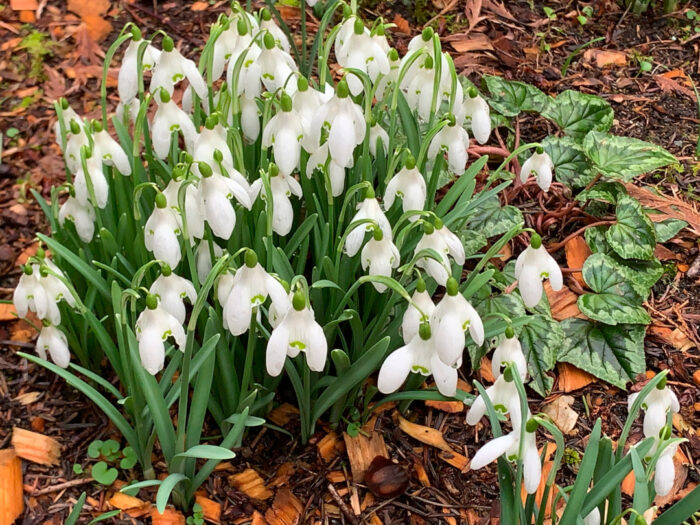
Today we’re in Margot Navarre’s garden in Washington State, where snowdrops are doing their annual late winter–early spring display. These classic bulbs bloom earlier than just about anything else. Moreover, they are easy to grow and resistant to damage by deer, squirrels, and most other pests.
 The most common of the 20 species of snowdrops is Galanthus nivalis (Zones 3–7). I have many G. nivalis along with G. elwesii (Zones 4–7) in my garden.
The most common of the 20 species of snowdrops is Galanthus nivalis (Zones 3–7). I have many G. nivalis along with G. elwesii (Zones 4–7) in my garden.
 I have purchased a few special varieties of snowdrops throughout the years. Pictured is ‘Rosemarie Burnham’, a beautiful form with green-tinted petals.
I have purchased a few special varieties of snowdrops throughout the years. Pictured is ‘Rosemarie Burnham’, a beautiful form with green-tinted petals.
 Location for snowdrops is important so they can viewed despite their small size. I like to plant the bulbs in the woodlands along the edges of the trails.
Location for snowdrops is important so they can viewed despite their small size. I like to plant the bulbs in the woodlands along the edges of the trails.
 Here they are growing on the edges of the path next to clumps of epimedium. The epimedium will ensure that this site is green and full long after the snowdrops have faded.
Here they are growing on the edges of the path next to clumps of epimedium. The epimedium will ensure that this site is green and full long after the snowdrops have faded.
 I am inspired by the snowdrop drifts in English gardens, but I have a long way to go to establish the snowdrop snowstorm. When clumps get big, I dig and divide when the snowdrops have finished blooming but while they still have their green leaves. This is the best time to divide snowdrops and is called digging them “in the green.” I add flags to mark the places I want to dig and plant them.
I am inspired by the snowdrop drifts in English gardens, but I have a long way to go to establish the snowdrop snowstorm. When clumps get big, I dig and divide when the snowdrops have finished blooming but while they still have their green leaves. This is the best time to divide snowdrops and is called digging them “in the green.” I add flags to mark the places I want to dig and plant them.
 Snowdrops pair nicely with winter aconite (Eranthis hyemalis, Zones 4–9) and Cyclamen hederifolium (Zones 4–9), as shown in this picture. They also look nice in combinations with Cyclamen coum (Zones 6–8), hellebores (Helleborus hybrids, Zones 4–9), primroses (Primula species and hybrids), and ferns. I also like to grow them underneath deciduous trees such as Japanese maple (Acer palmatum, Zones 5–9) and our native vine maple (Acer circinatum, Zones 5–9).
Snowdrops pair nicely with winter aconite (Eranthis hyemalis, Zones 4–9) and Cyclamen hederifolium (Zones 4–9), as shown in this picture. They also look nice in combinations with Cyclamen coum (Zones 6–8), hellebores (Helleborus hybrids, Zones 4–9), primroses (Primula species and hybrids), and ferns. I also like to grow them underneath deciduous trees such as Japanese maple (Acer palmatum, Zones 5–9) and our native vine maple (Acer circinatum, Zones 5–9).
 This snowdrop is called ‘Primrose Warburg’ and is noteworthy because the base of the flower is yellow rather than the typical green. I purchased this rare one in 2015 from Mr. Lynn at Temple Nursery, New York. I put the special ones close to the house so I can watch them grow.
This snowdrop is called ‘Primrose Warburg’ and is noteworthy because the base of the flower is yellow rather than the typical green. I purchased this rare one in 2015 from Mr. Lynn at Temple Nursery, New York. I put the special ones close to the house so I can watch them grow.
Have a garden you’d like to share?
Have photos to share? We’d love to see your garden, a particular collection of plants you love, or a wonderful garden you had the chance to visit!
To submit, send 5-10 photos to [email protected] along with some information about the plants in the pictures and where you took the photos. We’d love to hear where you are located, how long you’ve been gardening, successes you are proud of, failures you learned from, hopes for the future, favorite plants, or funny stories from your garden.
Have a mobile phone? Tag your photos on Facebook, Instagram or Twitter with #FineGardening!
Do you receive the GPOD by email yet? Sign up here.

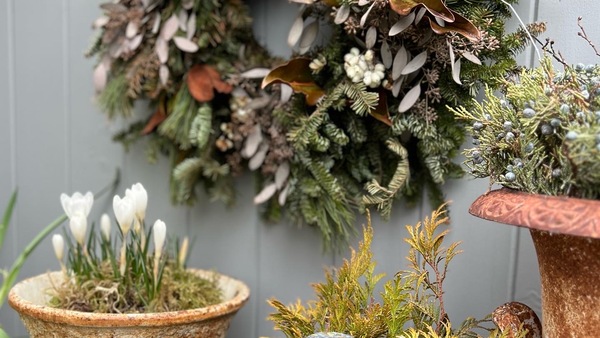



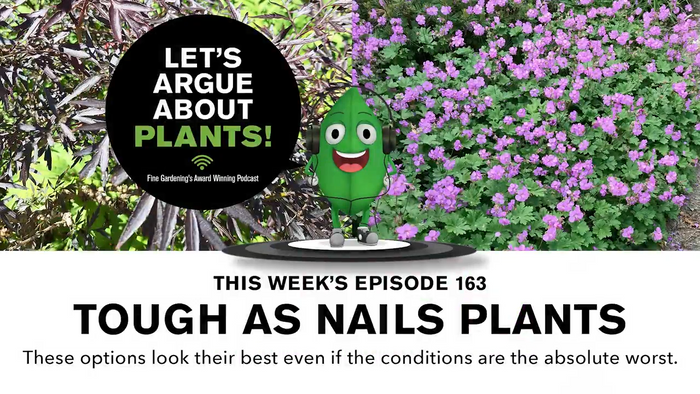
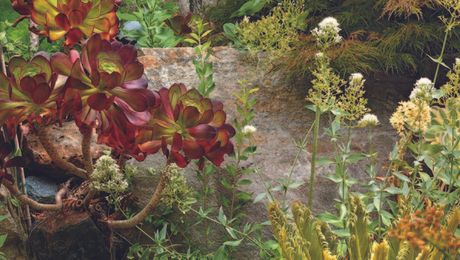
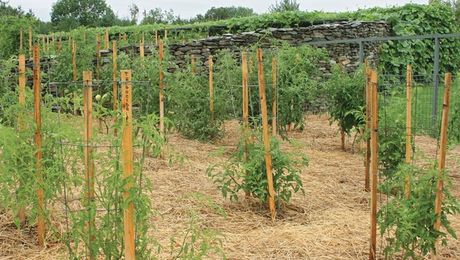









Comments
Aaah, snowdrops. The Godesses of Spring. Bring ‘em on!!! Last year I spotted snowdrop clumps in a derelict garden of a rooming house in my area. I commented to the chap living there how much I loved them. The next day I was greeted by pots and pots full of snowdrops he had dug out for me. Now if the snow would just depart I could see them!
Love the snowdrops. Fortunately we picked a few yesterday because our plants are now covered with 5 inches of real snow.
Beautiful photography of your lovely early spring garden!
Lovely
How charming they look naturalized in your garden! Love them all, the common snowdrops and the rare ones. Thanks for sharing.
So very pretty! They brighten dreary late winter/early spring days!
Swooning!
Log in or create an account to post a comment.
Sign up Log in